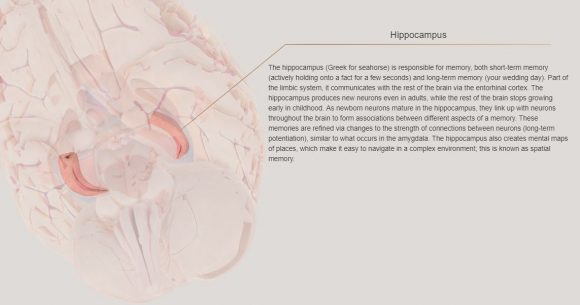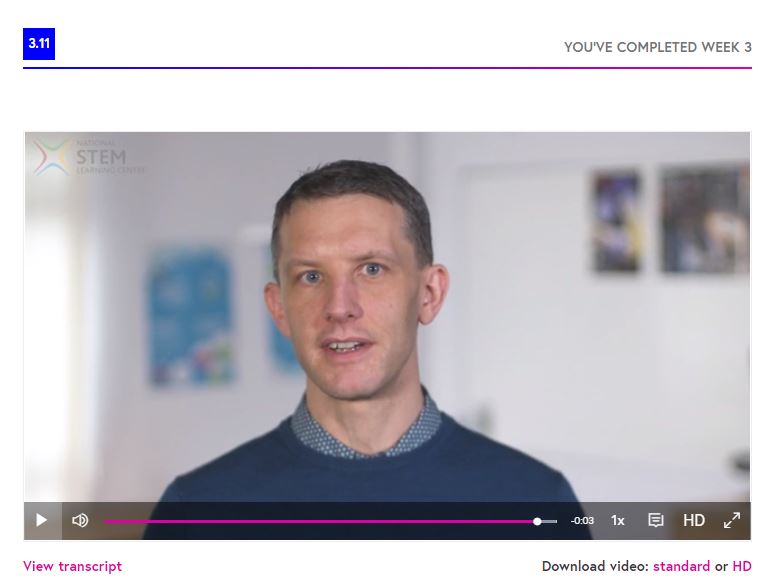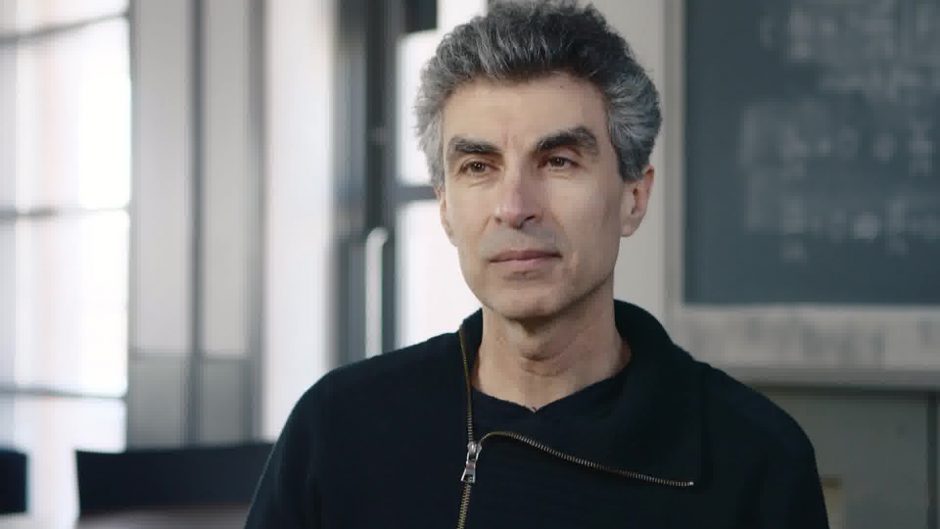Consolidation of learning this week.
First up, a discussion of long term retrieval.
Working memory networks activated…”check.” Students engaged… “check.”
Learning is happening, however, as we have learnt, our working memory networks are limited and the information held here is easily lost. How do we promote consolidation… this is particularly important for those teaching to linear exam models, where students are assessed on their learning a significant period of time after being exposed to new content.
The first suggestions is known to all teachers…
…practice and applying our fresh learning in different ways helps consolidation. This consolidation means the knowledge not only becomes more permanent, but accessing it becomes easier, quicker, less conscious, and more automatic.
Next suggestion is to weave retrieval practice into your regular practice. As David Rogers likes to remind us, “retrieval is more important than exposure.”
As for practising, questioning, applying knowledge in new situations, discussing it with others or expressing it in new forms all consolidate our learning through helping us to store it in different ways – making it easier to recall and apply it.
Process, store and retrieval are important for strengthening the learning.
Processing – questioning,discussing and articulating understanding is perhaps the most common forms of processing. Hence the growing interest in oracy? Questioning is causing the new knowledge to be stored in many different ways (Wirebring et al., 2015). Therefore get more students to think and process the questions; mini whiteboard, think/pair/share, think time.
In the notes, there is analogy linked to hats and than having more hats, “make[s] it easier to find and use an appropriate hat when you need one.” whether having a broader, more comprehensive vocabulary, impacts learning? The hypothesis, more words, more / more accurate understanding, more possible explanations / associations / meanings = strong retrieval strength?
Storing – Practice. Connect. Sleep.
While we are awake, memories of what happens during the day are first encoded into representations in the hippocampus and we know that while our brain is building new knowledge, these representations are vulnerable to being lost.
Research has revealed that deep sleep plays an important role in making these memories more permanent. During sleeping, these fresh representations are then reactivated and reorganised as longer-lasting memories stored in our cerebral cortex.
Retrieval – Where retrieval is more than re-reading the material, this not only strengths the memory it also slows the rate of forgetting or decay in the longer term.
We uploaded our ideas for retrieval to a course Padlet page or you can see a range of retrieval practices here.



